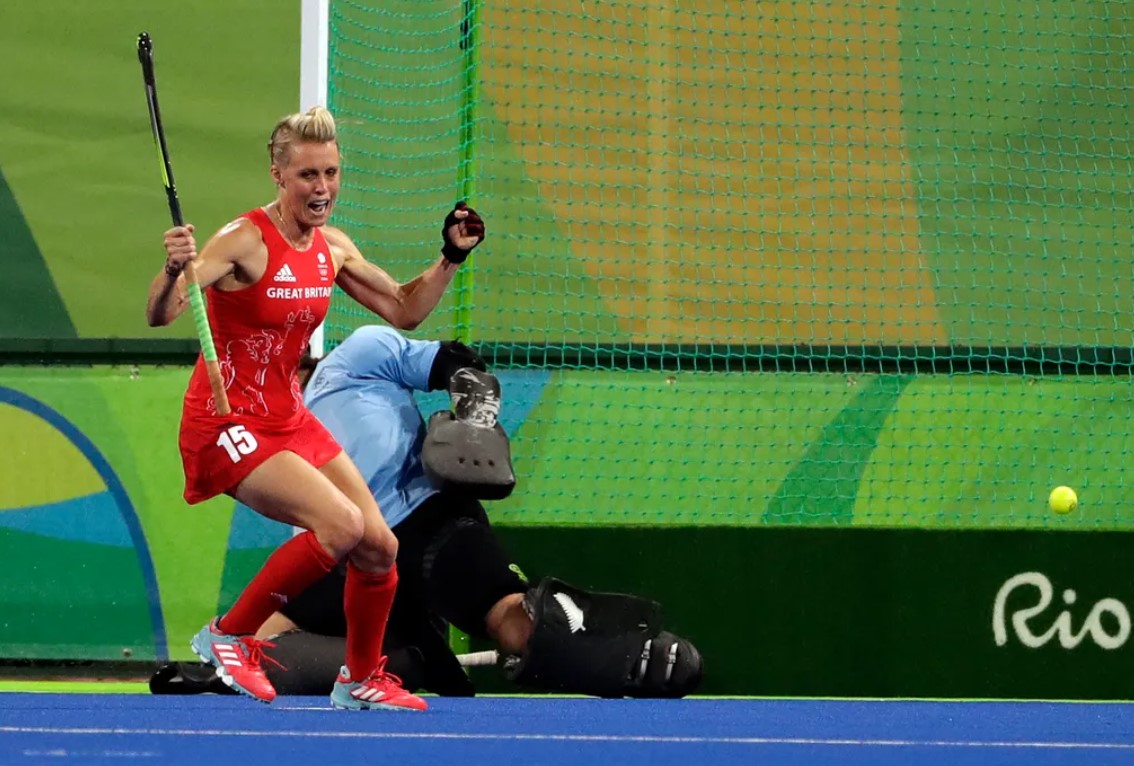Exploring the Heritage: Is Field Hockey a British Sport?
Field hockey holds a prominent place in the realm of sports, captivating enthusiasts worldwide with its fast-paced gameplay and rich history. Often associated with nations like India, the Netherlands, and Australia, the question arises: Is field hockey truly a British sport? In this article, we’ll dive into the origins and evolution of field hockey to uncover its ties to British heritage and its global influence.
The Historical Roots
The origins of field hockey can be traced back centuries, with evidence of similar stick-and-ball games found in ancient civilizations such as Egypt, Greece, and Persia. However, it was in medieval England where the game began to take shape as we recognize it today. Records dating back to the 13th century describe a game called “hockie,” played with a curved stick and ball.
 Credit: Great Britain Hockey
Credit: Great Britain Hockey
The Influence of British Empire
During the 19th and early 20th centuries, the British Empire played a significant role in popularizing field hockey around the world. British soldiers, merchants, and colonial administrators introduced the sport to various parts of the empire, including India, Australia, New Zealand, and the Caribbean. In these regions, field hockey flourished, becoming deeply ingrained in the local sporting culture.
The Development of Modern Field Hockey
While field hockey’s roots may lie in British history, its modern incarnation owes much to international collaboration and evolution. The establishment of standardized rules and regulations in the late 19th century laid the foundation for the sport’s global growth. Organizations like the International Hockey Federation (FIH) further promoted the game’s development on an international scale.
British Dominance in Early Years
In the early years of international field hockey competition, British teams often dominated the sport. The British men’s team won gold in the inaugural Olympic field hockey tournament in 1908, held in London. Similarly, the British women’s team enjoyed success in early international competitions, showcasing the nation’s prowess in the sport.
 Credit: Seattle Times
Credit: Seattle Times
Globalization and Diversification
As the 20th century progressed, field hockey continued to spread to new regions and nations, fueled by globalization and increased accessibility. Countries like the Netherlands, Germany, and Pakistan emerged as powerhouse nations in field hockey, challenging British dominance on the international stage. Today, field hockey is played and celebrated in countries across six continents, reflecting its truly global appeal.
The Role of Great Britain in Modern Field Hockey
While British influence in field hockey may have waned in terms of dominance on the field, the nation maintains a significant presence in the sport’s administration and development. Great Britain’s men’s and women’s national teams remain competitive forces in international competitions, regularly contending for medals in events like the Olympics, World Cup, and Commonwealth Games.
Conclusion: A Global Legacy
In conclusion, while field hockey may have originated in medieval England, its status as a British sport is nuanced by its evolution into a global phenomenon. While British teams and players have left an indelible mark on the sport’s history, field hockey’s true legacy lies in its ability to transcend borders and cultures, uniting people around the world in the spirit of competition and camaraderie. So, is field hockey a British sport? Yes, in its historical roots and enduring legacy, but its true essence is found in the diverse tapestry of nations that embrace and celebrate the game today.
More on GB Hockey:
Scotland & Ireland vs England & Wales from 1930!
England cricketers Stuart Broad and Steven Finn meet England Hockey




